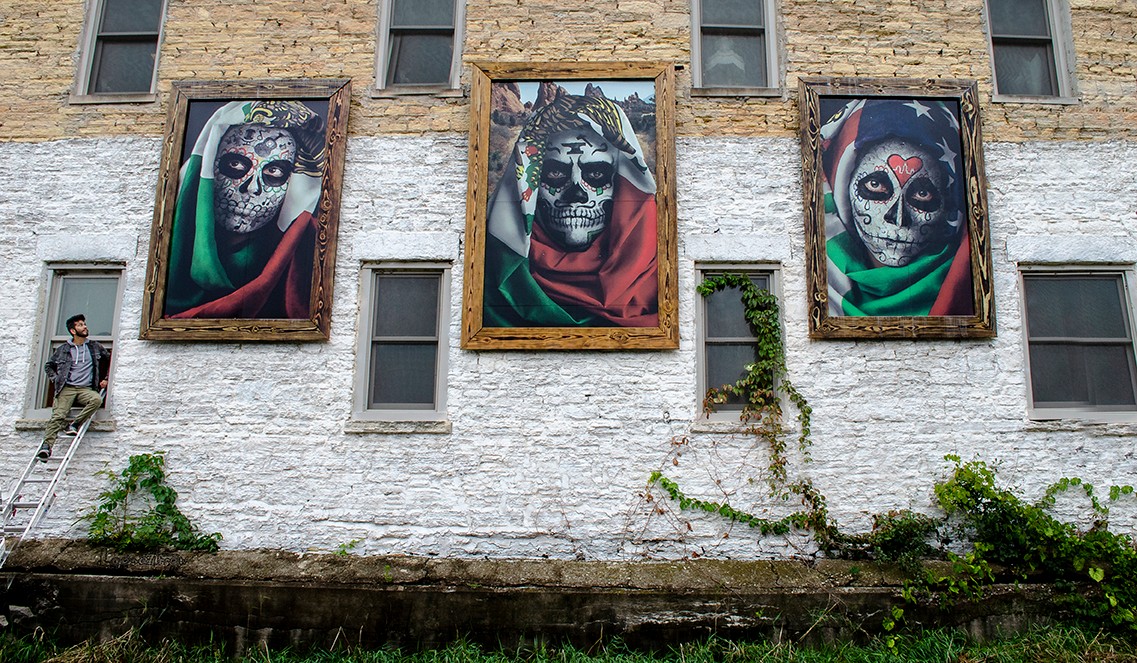We were lucky to catch up with Christopher Lucero recently and have shared our conversation below.
Christopher, thank you so much for taking the time to share your lessons learned with us and we’re sure your wisdom will help many. So, one question that comes up often and that we’re hoping you can shed some light on is keeping creativity alive over long stretches – how do you keep your creativity alive?
Repetition. Keep doing what you already love and don’t stop. Even if its a slow process. I’ve kept my creativity alive by repeating what I do. I find I have to be creative in showcasing someone’s struggles, dreams, accomplishments, joys, heartbreaks, or devastations through face paints, fabrics, and backgrounds exciting. I have so many options in how I can share a story through those mediums. Granted, the end result is always a photograph.
Though honestly I wouldn’t be able to do what I do without the help of others. My Calaveras of Chicago Project relies on people, I can’t complete it without having willing models to let me get to know them a bit. My creativity comes from the people I meet and the friends I make along the way of completing this project. Afterall, each portrait I create is a reflection of a participant’s life event, or at the least a slice of their life. Not just in the fact that I photograph each person but how I choose to best reflect what they tell me about themself.
Appreciate the insights and wisdom. Before we dig deeper and ask you about the skills that matter and more, maybe you can tell our readers about yourself?
When I first started my Calaveras of Chicago project I hardly saw myself as an artist let alone as someone who interviews people, a face painter, a director, or an editor. I just thought of myself as a photographer.
The process always starts with an informal interview. From there we discuss anything the participant would like to share about their self. Topics can and do range from everyday life to hard subject matter. These topics can involve anywhere from previous jobs to traumatic pasts to proud achievements. I find when models are vulnerable with me, those tend to lead to the best stories. That’s when you really find out what someone is like. After we pick a subject and get to know the subject matter pretty well I will then give the participant a week or so to write a short 500 word summary about what we discussed. If need be they can always call or text me if they need help writing.
After I have the summary we then pick a day for the photoshoot. In between when I have the summary and when we pick a day to meet again I decide on how to best reflect their summary with symbols that represent what they wrote. I also plan out what scarf or fabric to use and how I want to paint their face. I read and reread what my participant wrote until I feel I can best depict what they wrote with 3 main symbols. The day of the photoshoot is typically a long one. The face painting process usually takes about 3-4 hours and the photoshoot itself can be about an hour long. After that they are free to leave and the rest I finish within a week or so in photoshop.
The result is always a person with a sugar skull style face painting in the style of Dia de los Muertos draped in a fabric, cloth, or flag. The end results in a beautifully edited photograph. This photograph will one day be accompanied with the persons writing in a book. For now though, both will be featured on my Facebook page:
Calaveras of Chicago
Looking back, what do you think were the three qualities, skills, or areas of knowledge that were most impactful in your journey? What advice do you have for folks who are early in their journey in terms of how they can best develop or improve on these?
Basic art and photography skills. Knowing what looks good and how to make someone look good has been very beneficial to what I do. How to light someone properly and how to work a digital camera has been incredibly handy. The basics of photography go a long way. Things like composition, light direction, basic color theory, exposure, ISO, and focus are key things to know.
Another key skill is decent communication. Being able to talk well with people has not only gotten me this far but also greatly helped in terms of even when it comes to selling my art. Being able to makes friends and network at art shows has help me grow and find other art shows and other people interested in having me display my art at local events.
Lastly, taking criticism and being able to see the flaws in your work. Being humble and seeing where you can improve on will make you a better artist, and a better person.
One of our goals is to help like-minded folks with similar goals connect and so before we go we want to ask if you are looking to partner or collab with others – and if so, what would make the ideal collaborator or partner?
I most definitely am! I am always looking to add more people to this project. You don’t have to be Latino to participate. I welcome and encourage all walks of life to my project. As long as you’re willing to write a short 500 word summary I don’t care who you are or where you come from, I also love showcasing in galleries or selling my art at local outdoor events. I’m out of the Chicago land area but primarily stationed in Aurora, IL. If you want to get ahold of me the best way is through my Facebook page: Calaveras of Chicago
Contact Info:
- Website: https://calaverasofchicago.bigcartel.com/
- Instagram: LooseArrow
- Facebook: https://www.facebook.com/CalaverasOfChicago
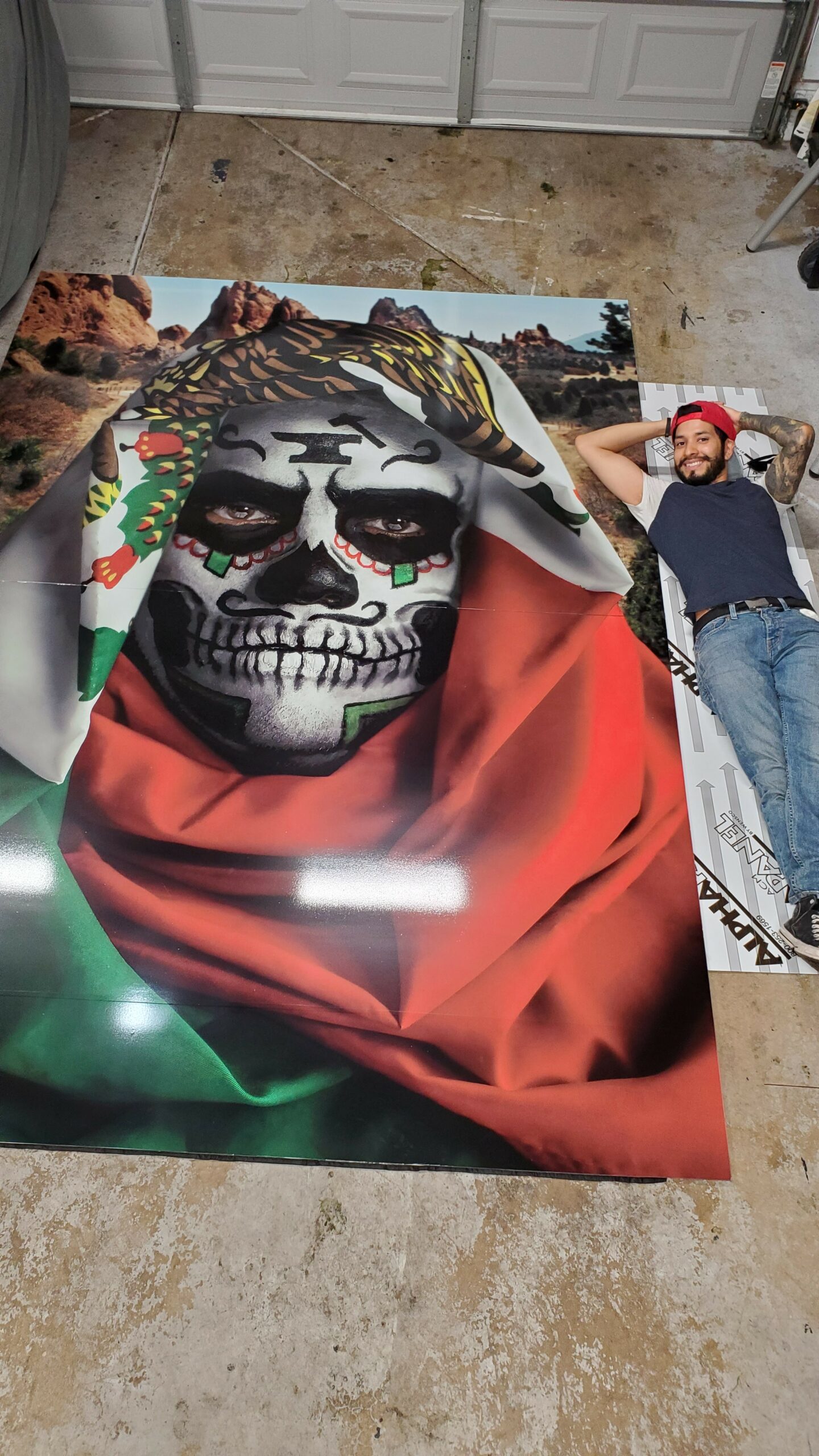
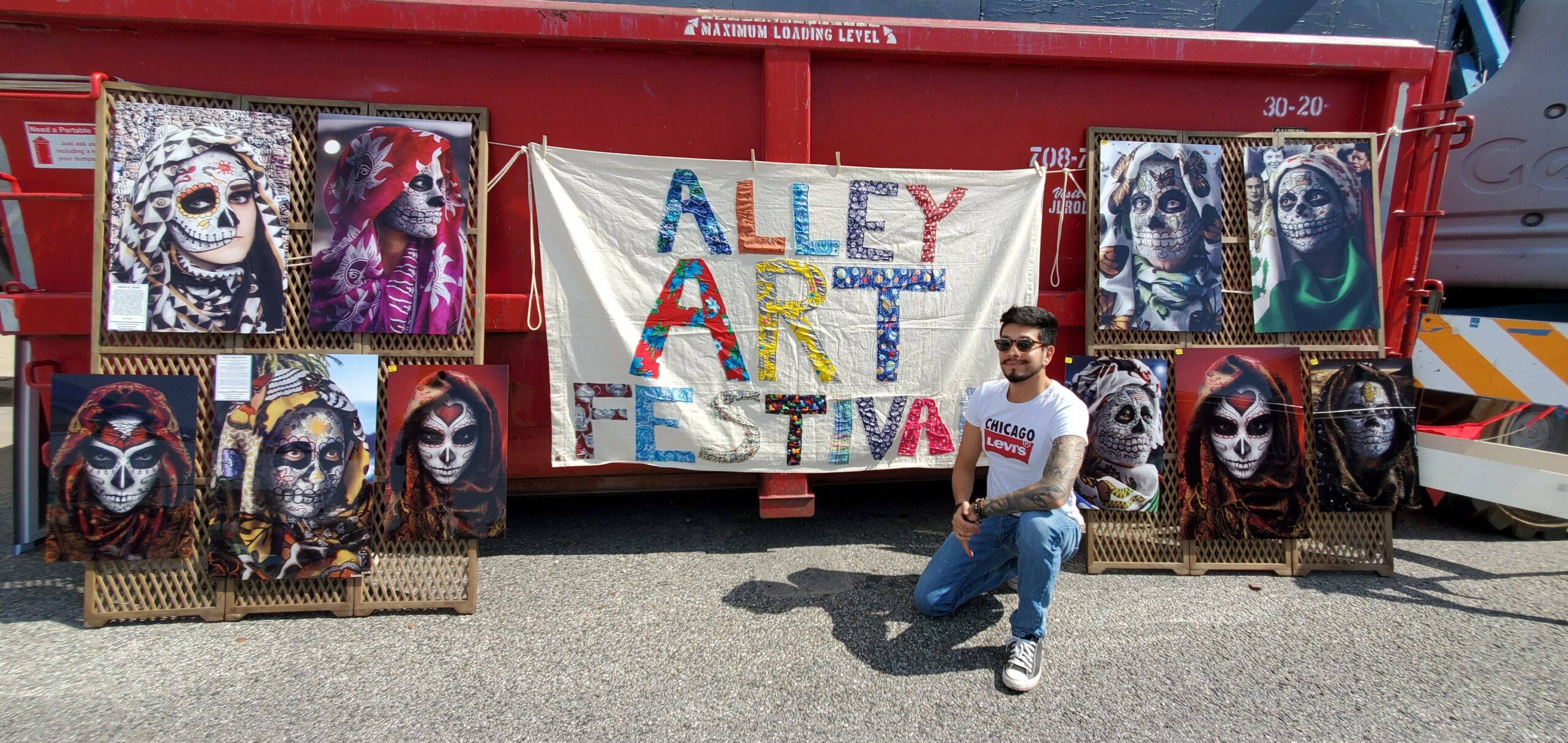
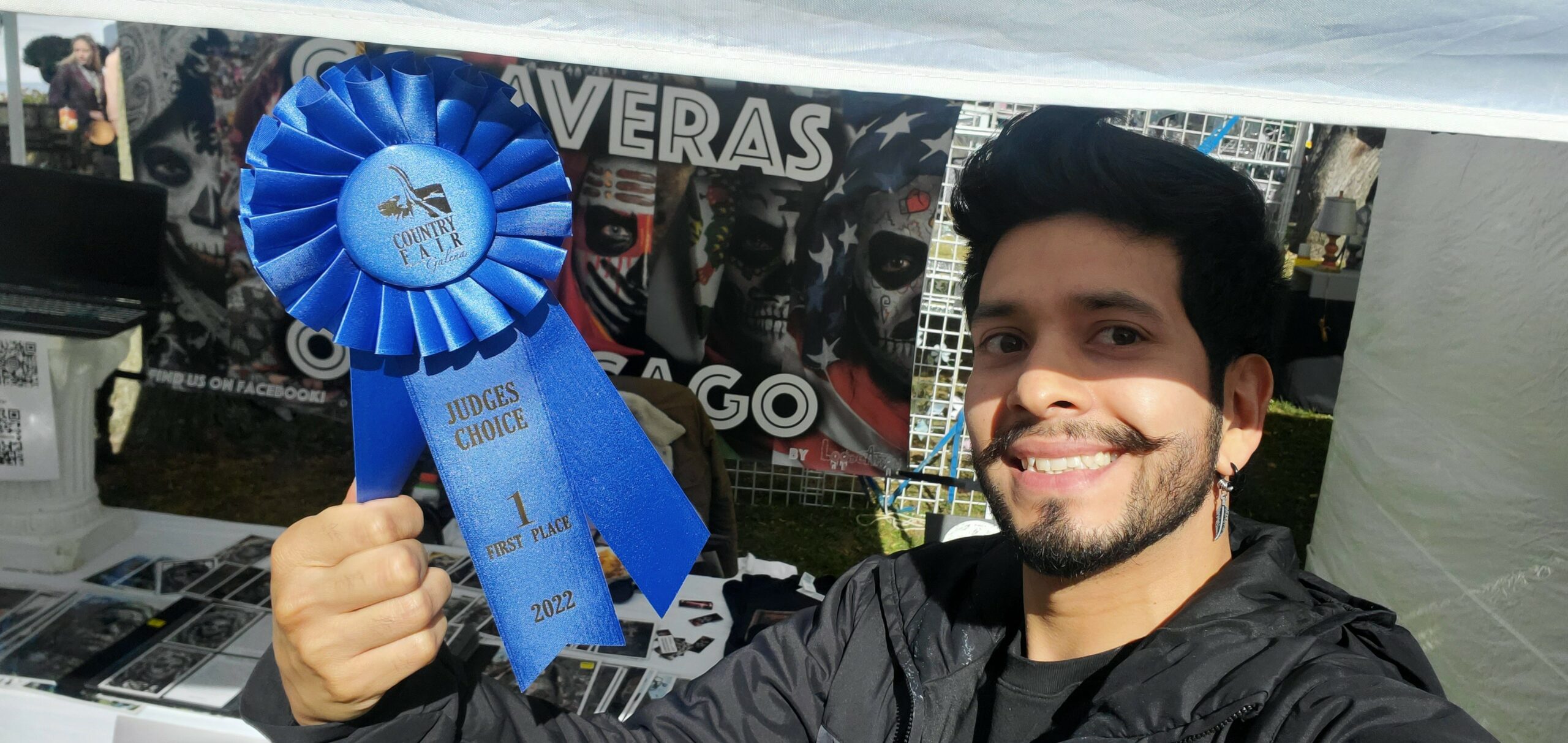
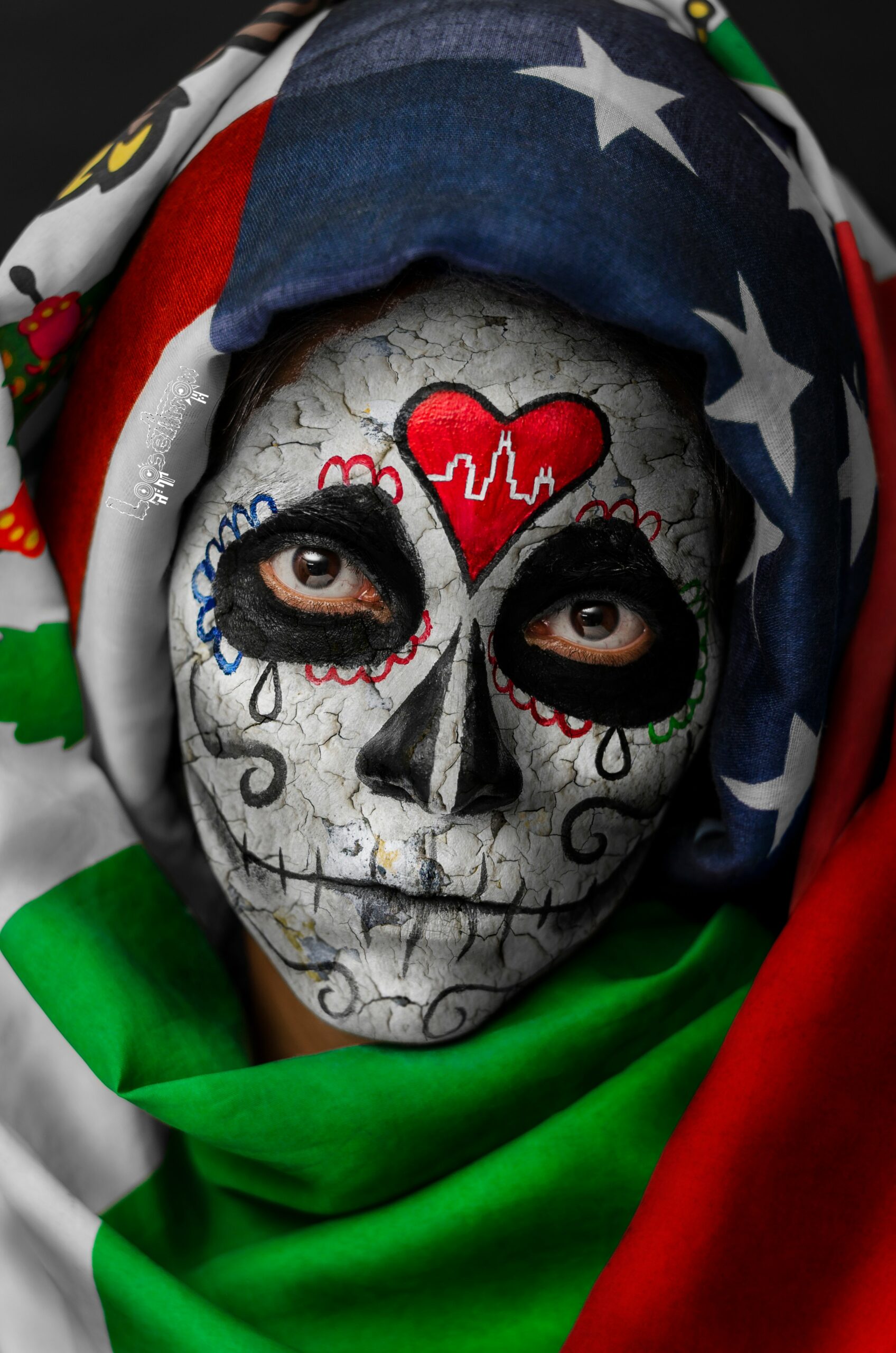
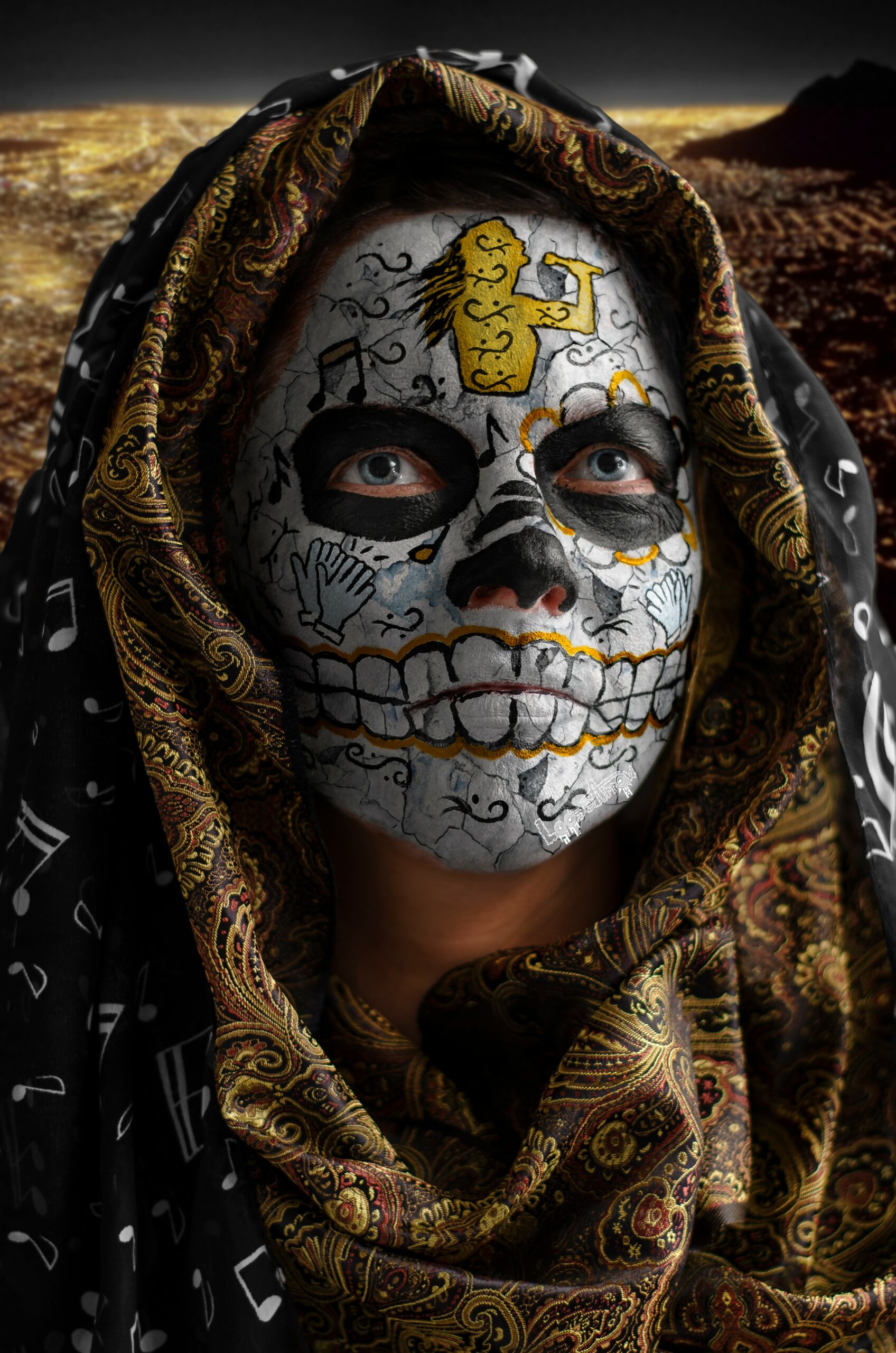
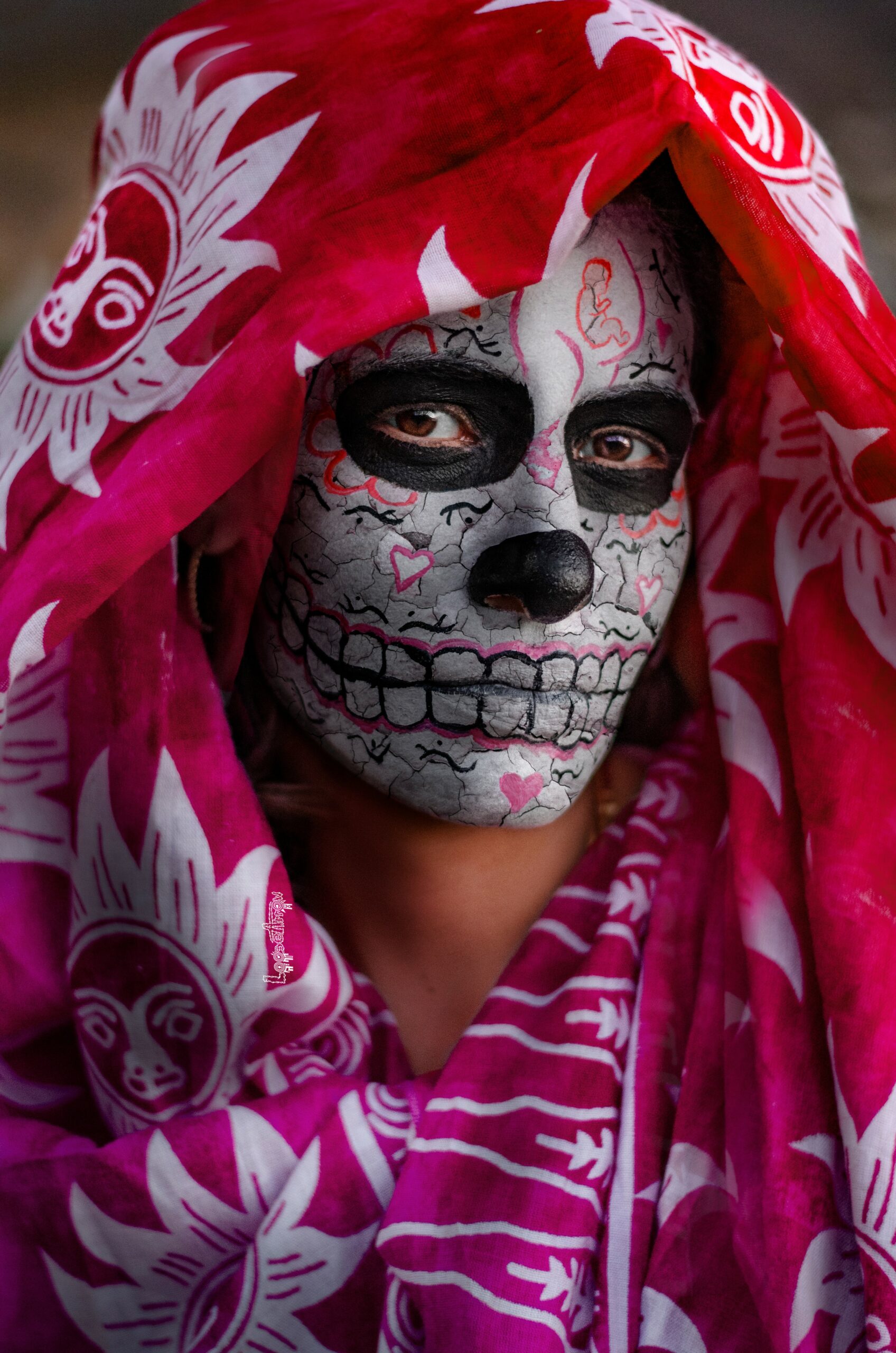
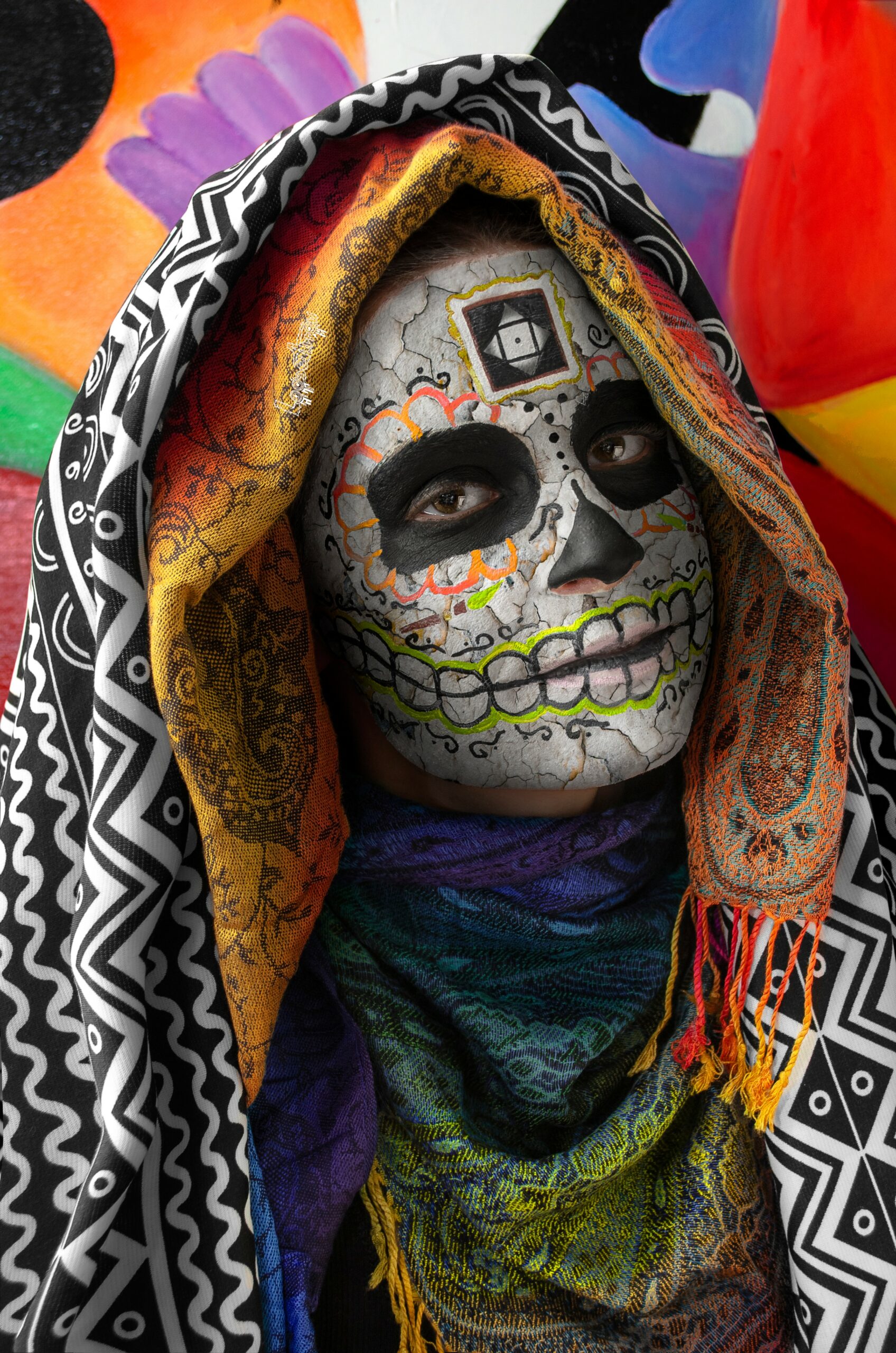
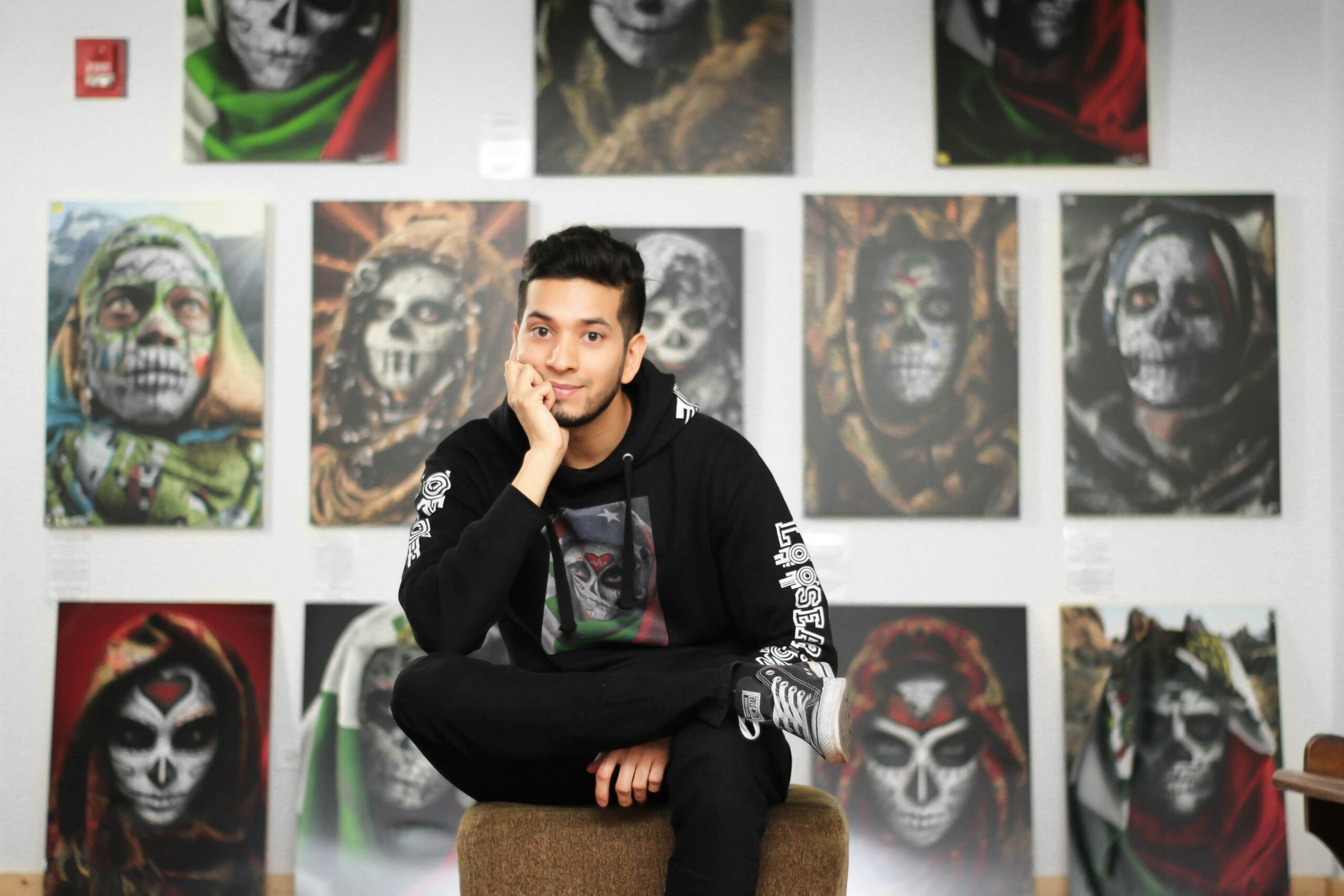
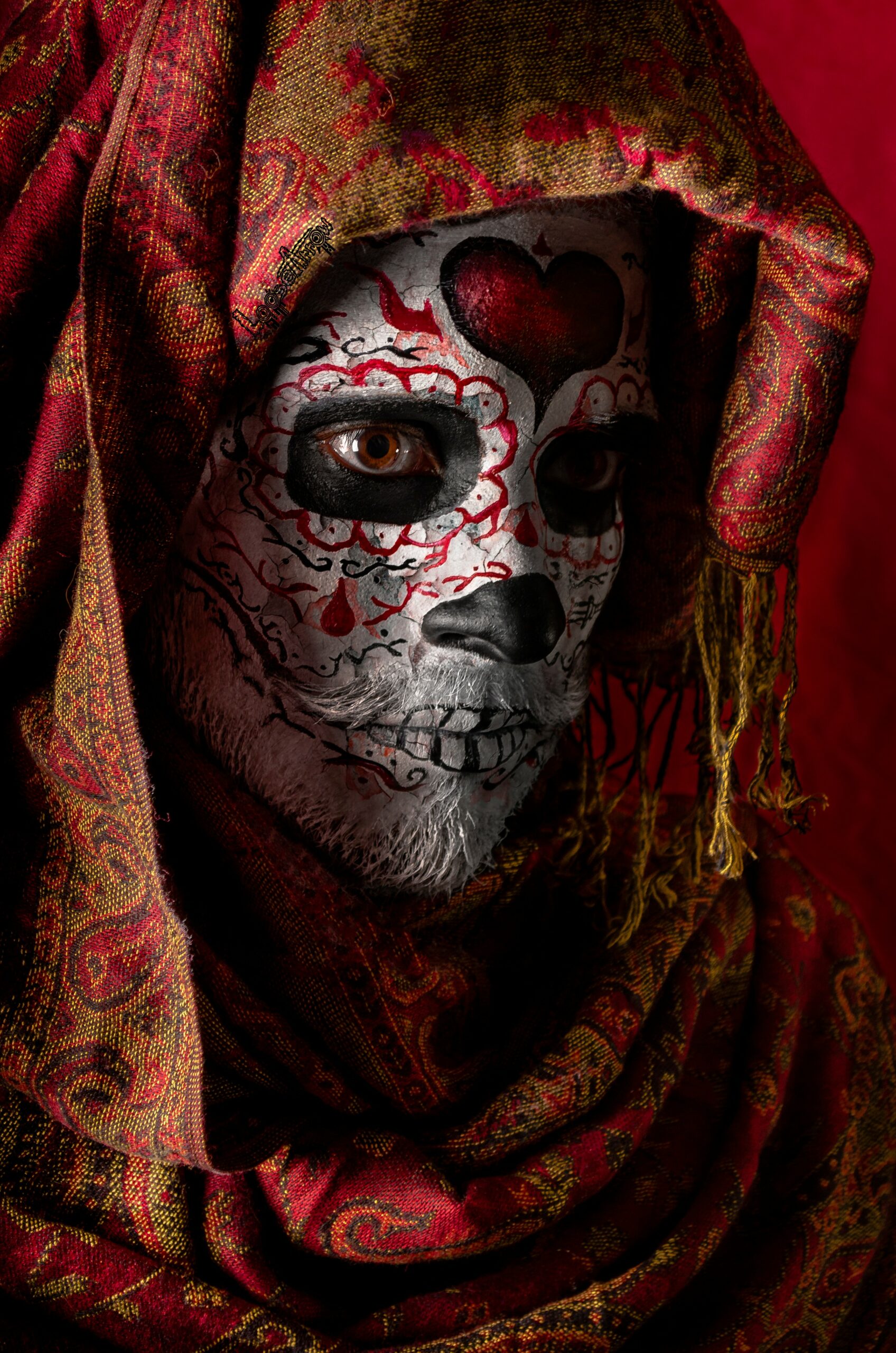
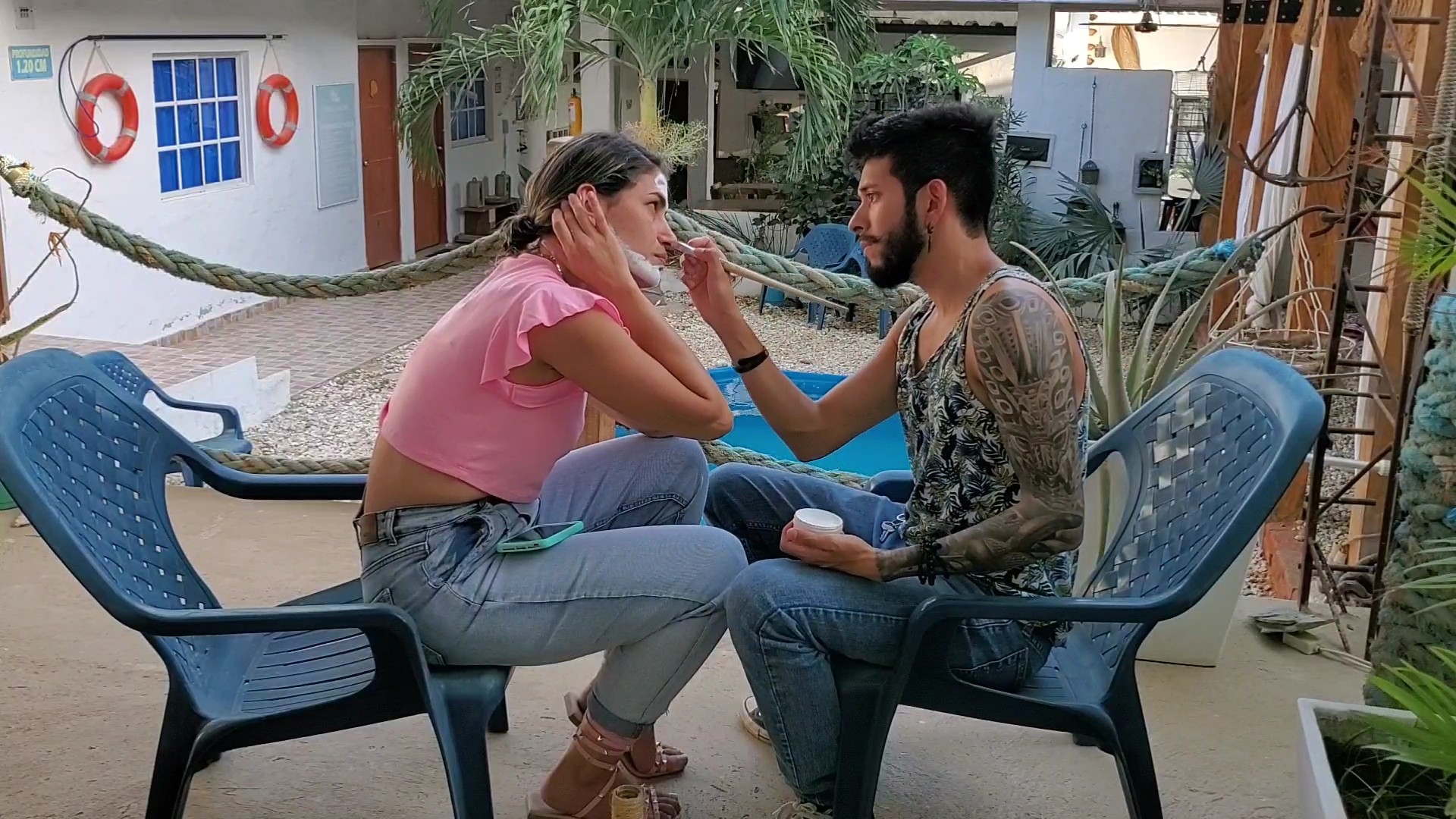
Image Credits
Calavera 50 – Aurora’s Upcoming Curator (Shelby Anderson) Calavera 48 Part 1 – Julieta Did Not Cry (Enma Corobo) Calavera 45 – Aspirations (Hanny Maschke) Calavera 22 – Nowhere (Alexis Luna Cardenas)

